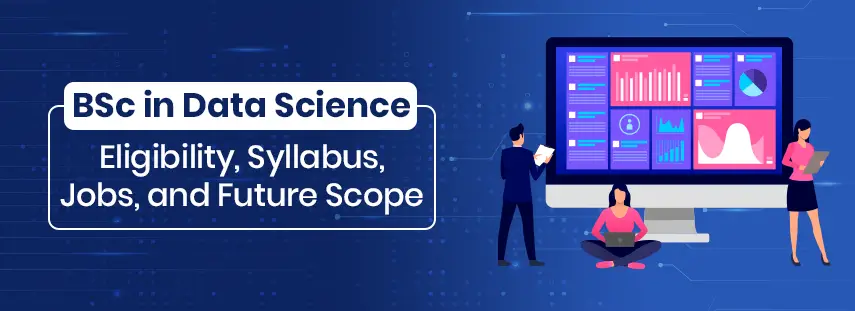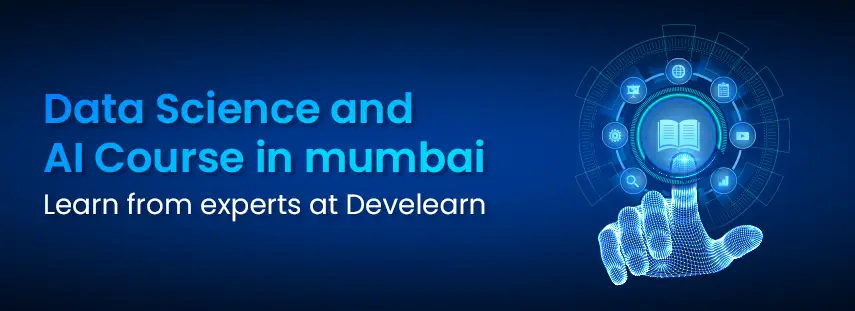Join As Students, Leave As Professionals.
Develearn is the best institute in Mumbai, a perfect place to upgrade your skills and get yourself to the next level. Enroll now, grow with us and get hired.

What is Data Science: Lifecycle, Techniques, Eligibility Criteria and Tools
Discover the world of data science, from its lifecycle and techniques to the key eligibility criteria for aspiring professionals. Explore essential tools used in data science to harness the power of data for informed decision-making.
DeveLearn Technologies
30 minutes
March 20, 2024
Loading content...




